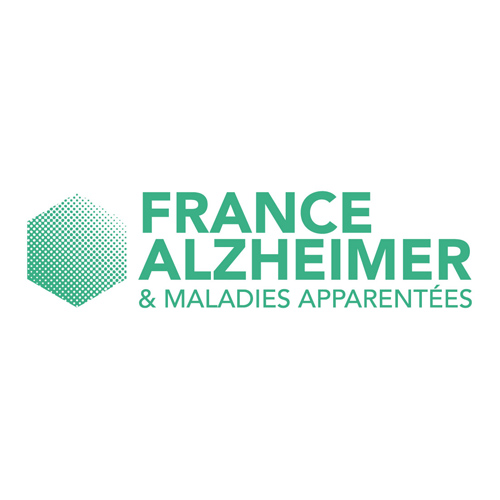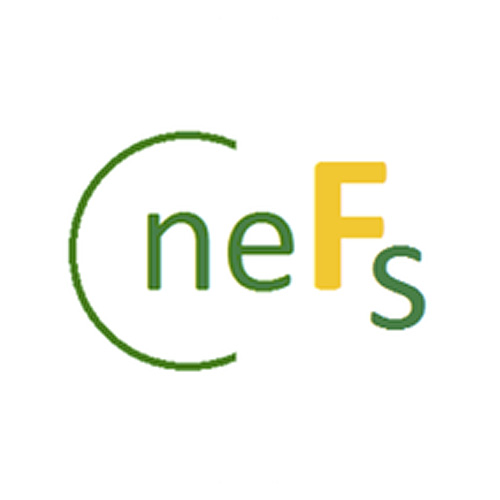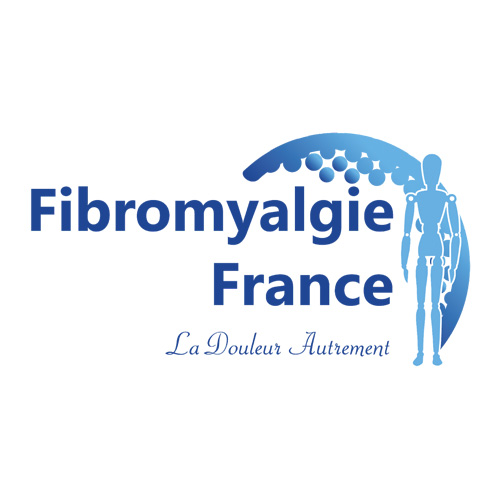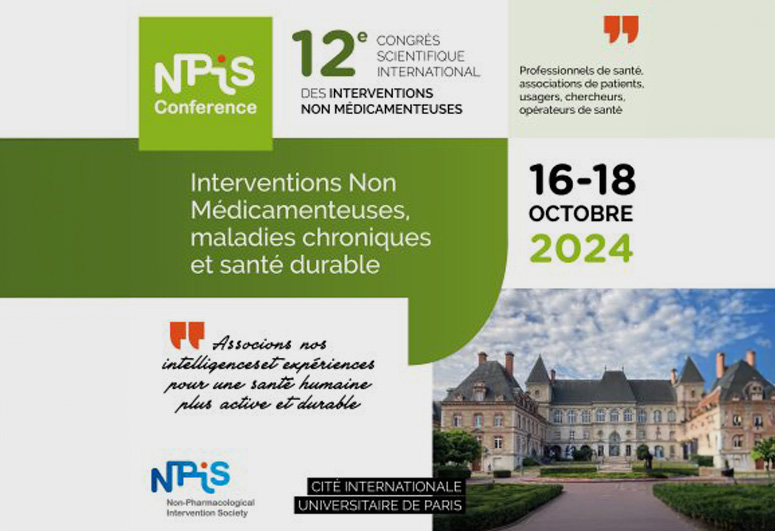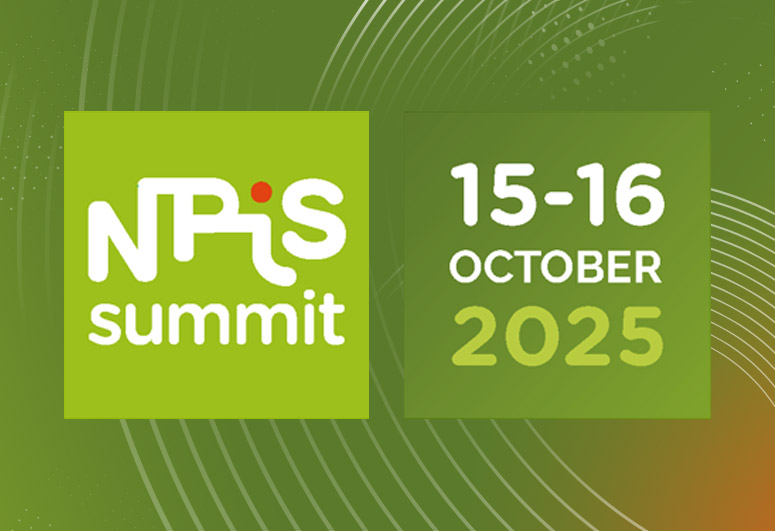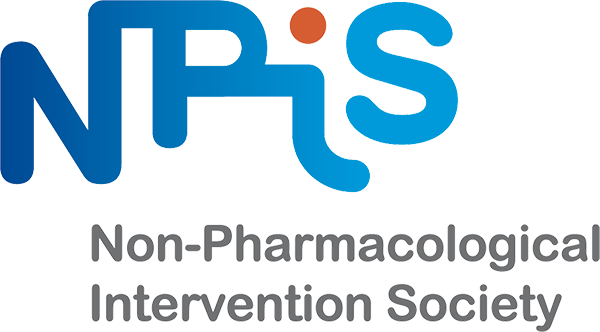What's an NPI ?
The NPIS Registry: why ?
Who is this platform for?
-
I am a citizen, a patient, a caregiver or a professional on a first visit

-
I will be able to easily find information on interventions that are actually INMs. I will also be able to provide feedback on usage. If I want to go further, I will be directed to the conditions for accessing all the data and features of the INM Repository.
-
I am a healthcare professional wishing to access all INM files

-
I will be able to find complete information on INM protocols to deepen my knowledge and practices. I will be able to provide feedback on use.
-
I am a representative of an authority, institution or organization related to health

-
If my practice organization is a partner of the NPIS, I will be able to access all the data and functionalities of the INM Repository.
-
I would like to submit a proposal for a new INM in the Repository

-
If my project meets the definition of an INM and if it is sufficiently supported by scientifically conducted studies, I will be directed to a form which will allow me to write the INM file relating to my project.
-
I am an expert selected under the INM file validation procedure

-
If I have received an email from NPIS accrediting me as an Expert in a defined field, I will be able to register to participate in the expert procedure for which I have been requested.
Become a Submitter
Learn more about NPIS and NPI :
NPIS Questions and Answers
-
Why is there such a direct link between mechanistic, clinical, and implementation studies in the NPIS Model?

-
The connection between mechanistic, interventional, and implementation studies forms the backbone of the epistemological positioning of the NPIS Model regarding the evaluation of NPI. This does not mean that an interventional study, for example, cannot explore biological mechanisms or psychosocial processes. Instead, this backbone provides coherence to the studies and structures the validation process of NPI for integration into a standardized practice framework.
-

-
-
What is an evidence-based data point for an NPI?

-
An evidence-based data point is a theoretical or practical knowledge acquired through rigorous and integrated scientific methods and reasoning. The NPIS Model follows this logic in the health field (see Figure 3). It provides specific methodological and ethical recommendations for NPI for studies focusing on their mechanisms and explanatory processes (mechanistic study), their content (prototypical study), their evolution over time (observational study), their benefits and risks (interventional study), and their application and personalization modalities (implementation study).
-

-
PSYCHOSOCIAL DOMINANCE
Psychotherapies:
- Cognitive Stimulation Therapy for memory strategies in Alzheimer’s disease in 14 sessions by a psychologist in a healthcare facility, health center, or private practice.
- Mindfulness Based Stress Reduction (MBSR-BC) program against anxiety during cancer treatments in 8 group sessions by a clinical psychologist, psychiatrist, or physician in an oncology department, a patient association, a private practice, a health center, or a healthcare facility.
- Acceptance and Commitment Therapy for chronic pain in 9 group sessions by a clinical psychologist or psychiatrist in a healthcare facility, health center, or private practice.
- Cognitive Behavioral Therapy for Insomnia (CBT-I) in 6-8 individual sessions, either remote or in-person, by a neuropsychologist, clinical psychologist, psychiatrist, or neurologist in a healthcare facility, health center, or private practice.
- Now I Can Do Heights program using virtual reality to treat acrophobia (fear of heights) by a clinical psychologist or psychiatrist in a private practice or health center.
Health Prevention Programs:
- Living Well with COPD therapeutic education program against symptoms and exacerbations of COPD over 2 months with 4 sessions, in-person or remote, by a nurse, physician, or pharmacist in a healthcare facility, health center, or private practice.
- CHESS Method (Chronic Headache Education and Self-management) for migraine self-management by a nurse or physician in a healthcare facility, health center, or private practice.
- MyFriend Youth Program for preventing anxiety and depression among students aged 12 to 15 years, 10 sessions by a school psychologist or school nurse in an educational institution.
- Spiegel Hypnotherapy Method specialized in smoking cessation in 3 sessions by a psychologist, nurse, physician, or hypnotherapist in a private practice, healthcare facility, health center, or private practice.
- Cognitive Behavioral Therapy for Depression (CBT-d) by a clinical psychologist or psychiatrist in a healthcare facility, health center, or private practice.
CORPOREAL DOMINANCE
Physiotherapy Protocols:
- McKenzie Method for back pain by a physiotherapist in a healthcare facility, health center, or private practice.
- Pelvic Floor Muscle Training (PFMT) program by a midwife or physiotherapist in a health center or private practice.
- Rehabilitation program following hip prosthesis in 6 to 10 sessions by a physiotherapist in a healthcare facility, health center, or private practice.
Adapted Physical Activity Programs:
- Dance Therapy for Parkinson’s Disease addressing psychological symptoms of Parkinson’s by a physical activity instructor in a healthcare facility, health center, or private practice.
- Re-exercise program at ventilatory threshold against dyspnea caused by COPD by a physical activity instructor or physiotherapist in a healthcare facility, health center, or private practice.
- Anti-fatigue APA program during treatments for breast, prostate, or colon cancer by a physical activity instructor in a healthcare facility, health center, or private practice.
Thermal Treatments:
- Specialized thermal cure for gonarthrosis by a physiotherapist or thermal agent in a thermal facility.
NUTRITIONAL DOMINANCE
- Gluten-free diet for celiac disease by a dietitian in a healthcare facility, health center, or private practice.
- FODMAP diet for gastrointestinal disorders by a dietitian in a healthcare facility, health center, or private practice.
-
Is the NPIS creating a new value chain?

-
Immaterial practices of prevention and care have existed since ancient times. However, the diversification of practices, the multiplication of professions at the intersection of prevention, care, and social assistance, and the globalization of information systems have leveled these services and obscured them at a time when medicine has made significant advances in the early detection and diagnosis of health issues. The interdisciplinary and multisectoral approach of the NPIS generates a value chain, from the design of practices to their implementation, regulation, and financing.
Innovative economic model initiatives are emerging worldwide, including fee-for-service, bundled payments, social economy provisions, offers promoting sustainable development, e-health economy, human innovation bundles, and long-term economy (World Economic Forum, 2024). The NPIS Prospective Pole, led by Michel Noguès, documents these initiatives in books (Noguès, 2022; Noguès, 2024). The NPIS Forums invite all innovators to share their experiences. -

-
Our supporters
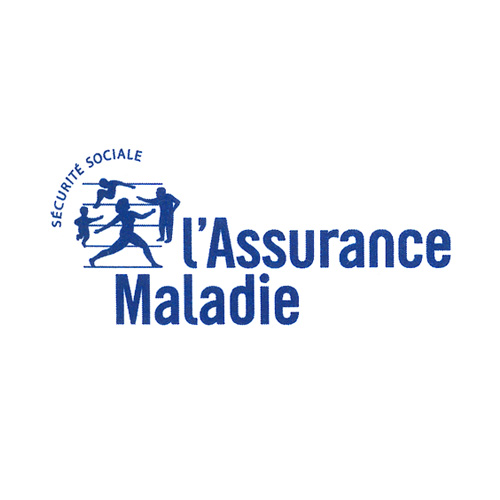
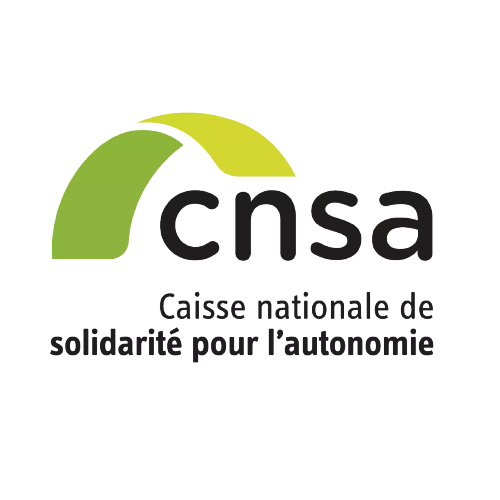
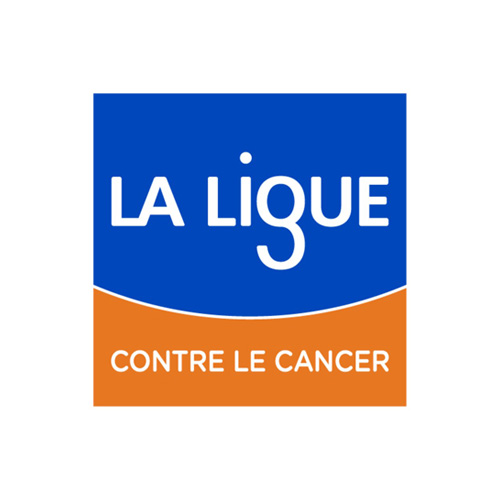

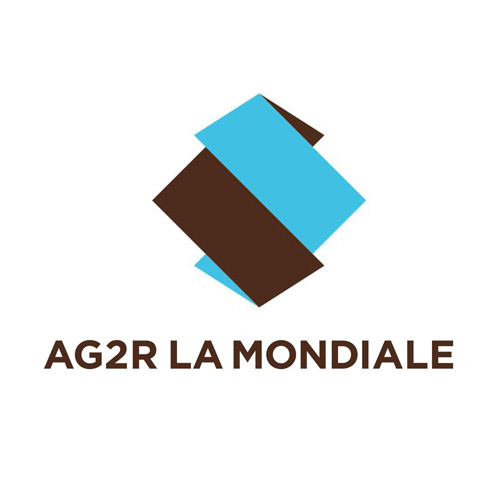
Our partners
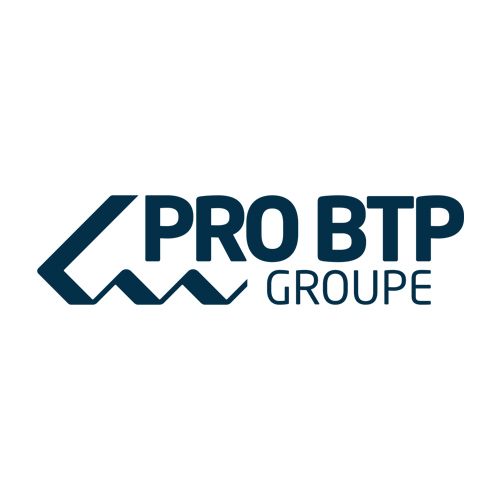
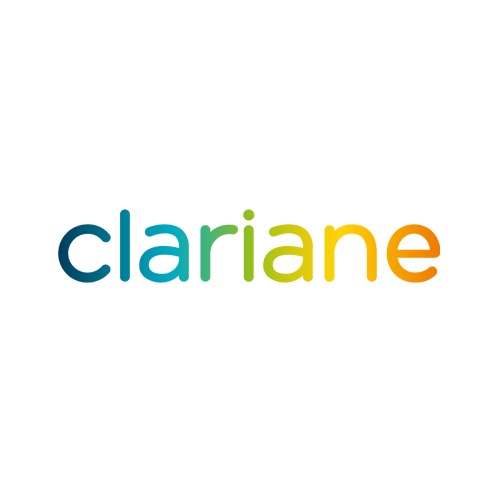

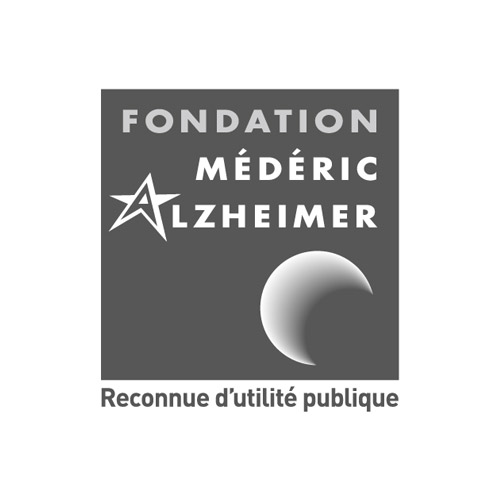
Our allies
